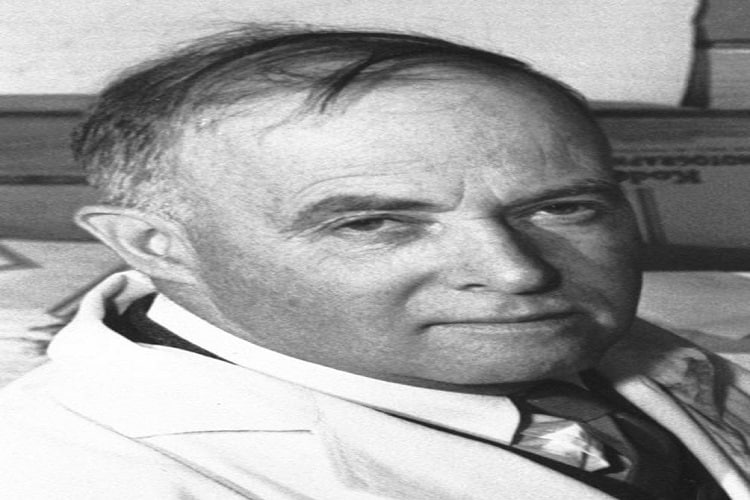James B. Sumner: Crystallizing the Secrets of Enzymes

James B. Sumner (19 November 1887 – 12 August 1955) was an American chemist. In 1946, James B. Sumner was awarded the Nobel Prize in Chemistry.
Life and Career
James B. Sumner was born on 19 November 1887, in Canton, Massachusetts, USA. Sumner pursued his higher education at Harvard University, where he earned his Bachelor’s degree in 1910 and his Ph.D. in chemistry in 1914. His doctoral research focused on the purification and study of enzymes, setting the stage for his later groundbreaking work. After completing his Ph.D., Sumner worked as an instructor in biochemistry at Harvard Medical School for a brief period.
Sumner’s career was primarily focused on enzymology, the study of enzymes, which are biological molecules that catalyze chemical reactions in living organisms. In 1915, Sumner joined the faculty of Cornell University in Ithaca, New York. He spent the majority of his career at Cornell, where he conducted groundbreaking research in enzymology. Sumner’s most significant contribution to science came in the 1920s when he successfully crystallized and purified the enzyme urease from jack bean (Canavalia ensiformis). This was a groundbreaking achievement because it demonstrated that enzymes, which are biological catalysts, could be isolated and studied as pure substances.
Sumner continued his research and teaching activities at Cornell University, where he became a prominent figure in the field of biochemistry. James B. Sumner passed away on 12 August 1955, in Buffalo, New York, USA.
Award and Legacy
Sumner was awarded the Nobel Prize in Chemistry in 1946, jointly with John Howard Northrop and Wendell Meredith Stanley. They were recognized “for their preparation of enzymes and virus proteins in a pure form.” James B. Sumner’s work in enzymology and his successful crystallization of enzymes laid the foundation for the modern field of biochemistry. His research not only provided a deeper understanding of the structure and function of enzymes but also opened the door to the development of enzyme-based industrial processes and medical applications.
Sumner’s legacy is evident in the continued study of enzymes and their role in biology and chemistry. His groundbreaking work remains a fundamental part of biochemistry education and research, and he is remembered as a pioneer in the field of enzymology.
Observer Voice is the one stop site for National, International news, Sports, Editor’s Choice, Art/culture contents, Quotes and much more. We also cover historical contents. Historical contents includes World History, Indian History, and what happened today. The website also covers Entertainment across the India and World.

